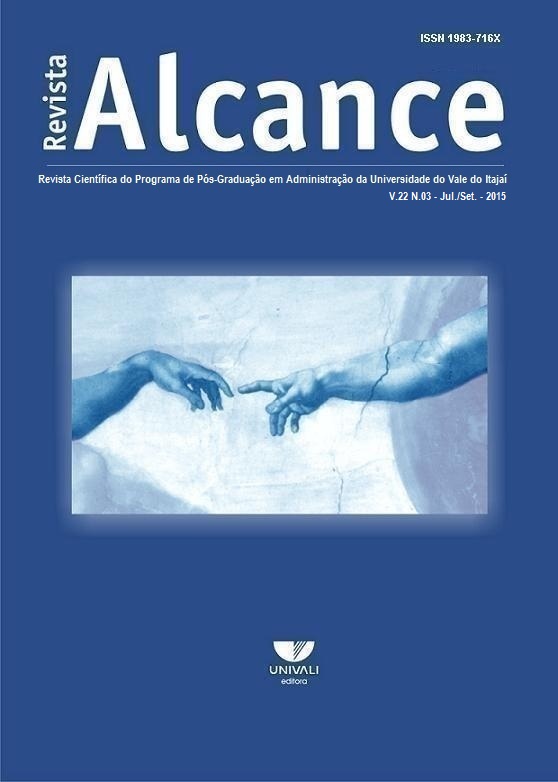AÇÕES EM MARKETING SOCIAL DO PONTO DE VISTA DA LÓGICA DOMINADA PELO SERVIÇO: O CASO DO PROGRAMA “O JOVEM E A MOBILIDADE” / ACTIONS IN SOCIAL MARKETING FROM THE PERSPECTIVE OF SERVICE-DOMINATED LOGIC: THE CASE OF THE “O JOVEM E A MOBILIDADE” PROGRAM
Published date: 26/11/2015

O marketing social visa promover a qualidade de vida das pessoas, por exemplo, visa convencer pessoas em risco social a adotar voluntariamente comportamentos que tragam segurança e bem-estar, individualmente e coletivamente. Entretanto, normalmente programas de marketing social são elaborados com base na Lógica Dominada pelo Produto (em inglês, ‘Good-Dominant Logic”, ou seja, GD-L), a qual, segundo Vargo e Lusch (2006, 2010), apresenta várias limitações. Uma delas é não considerar clientes como parceiros, capazes de auxiliar na provisão do serviço, nem como beneficiários que participam na cocriação de valor, auxiliando o provedor do serviço. Para superar essas e outras deficiências, Vargo e Lusch propõem nova perspectiva: a Lógica Dominada pelo Serviço (“Service-Dominant Logic”, abreviada, em português, como LDS). Este é um estudo descritivo e qualitativo, no qual o programa social “O Jovem e a Mobilidade” é analisado, adotando-se a LDS como estrutura teórica. Dados obtidos com pesquisa documental e entrevista semiestruturada foram
analisados. Resultados mostram que alguns procedimentos do programa remetem a premissas da LDS, por
exemplo, a importância atribuída pela coordenadora pedagógica à participação dos alunos na coprodução das atividades evidencia que ela considera os alunos como recursos operantes. Por outro lado, o conteúdo do
relatório de atividades do programa revelou-se inteiramente voltado para a LDP, porque destaca a eficiência em vez da eficácia.
Palavras chave: Lógica Dominada pelo Serviço. Marketing Social. Programa “O Jovem e a Mobilidade”. Lógica
Dominada pelo Produto.
Abstract
Social marketing seeks to promote quality of life. For example, it aims to persuade people at social risk to voluntarily adopt behaviors that bring security and well-being, individually and collectively. However, social marketing programs are usually built based on a Good-Dominant Logic (GDL), which has many limitations, according to Vargo and Lusch (2006, 2010). One of them is failing to consider customers as partners, capable of helping in the service provision, or as beneficiaries who participate in the co creation of value, assisting the services provider. In order to overcome these and other limitations, Vargo and Lusch established a new perspective: the Service-Dominant Logic. This is a descriptive and qualitative study in which the social program “O Jovem e a Mobilidade” (“Youth and Mobility”) is analyzed, adopting SDL as a framework. Data gathered with desk research and semistructured interview were analyzed. The results show that some procedures of the program are based on the premises of LDS. For example, the importance given by the coordinator to the student’s participation in the co-production of activities demonstrates that she regards students as operating resources. Meanwhile, the content of the report is entirely consistent with GDL, giving prominence to efficiency instead of efficacy.
Keywords: Service-Dominant Logic. Social Marketing. “Youth and Mobility” social program. Product-Dominant
Logic.








